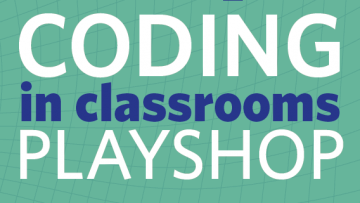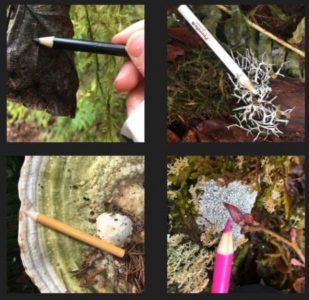Coding in Classrooms
Coding is a set of instructions given to a computer to produce different kinds of output. Learning to code involves a variety of competencies that can be introduced or developed in K-12 classrooms across the curriculum.
Space Exploration Resources (K-12)
Many students are fascinated by outer space and space exploration. Understanding our planet, solar system, galaxy, and beyond is part of the BC Curriculum for science at several different grade levels, including objects in the sky at grade 1, the earth’s orbit in grade 4, and tides and eclipses in Earth Sciences 11, among others. […]
Place-Based Learning: using your senses and digital tools as you experience nature
Hybrid Approaches to Facilitating High-Impact Experiences With the global pandemic, teachers are being challenged to teach online, face-to-face or both. The current situation, in addition to shifting practices in education over the past decade or more, causes us to wonder: How can we virtually facilitate high-impact, place-based learning experiences with our students? What practices might […]
Chat GPT: preliminary thoughts and resources
If you’ve been following the media in the past while related to generative AI (artificial intelligence) including ChatGPT (links to external resource), you may find the following resources of value as you consider the impact on teaching and learning. Many teachers are already incorporating or considering how to incorporate teaching about these technologies in their […]
Makerspace:
Known also as fab labs, tinkering areas, or hackerspaces, makerspaces are generally areas where people can gather to make, create, and experiment with a variety of materials and tools. As the name suggests, makerspaces are spaces where people can make stuff. While these creations are often physical things, digital productions can also be included. Varying […]






